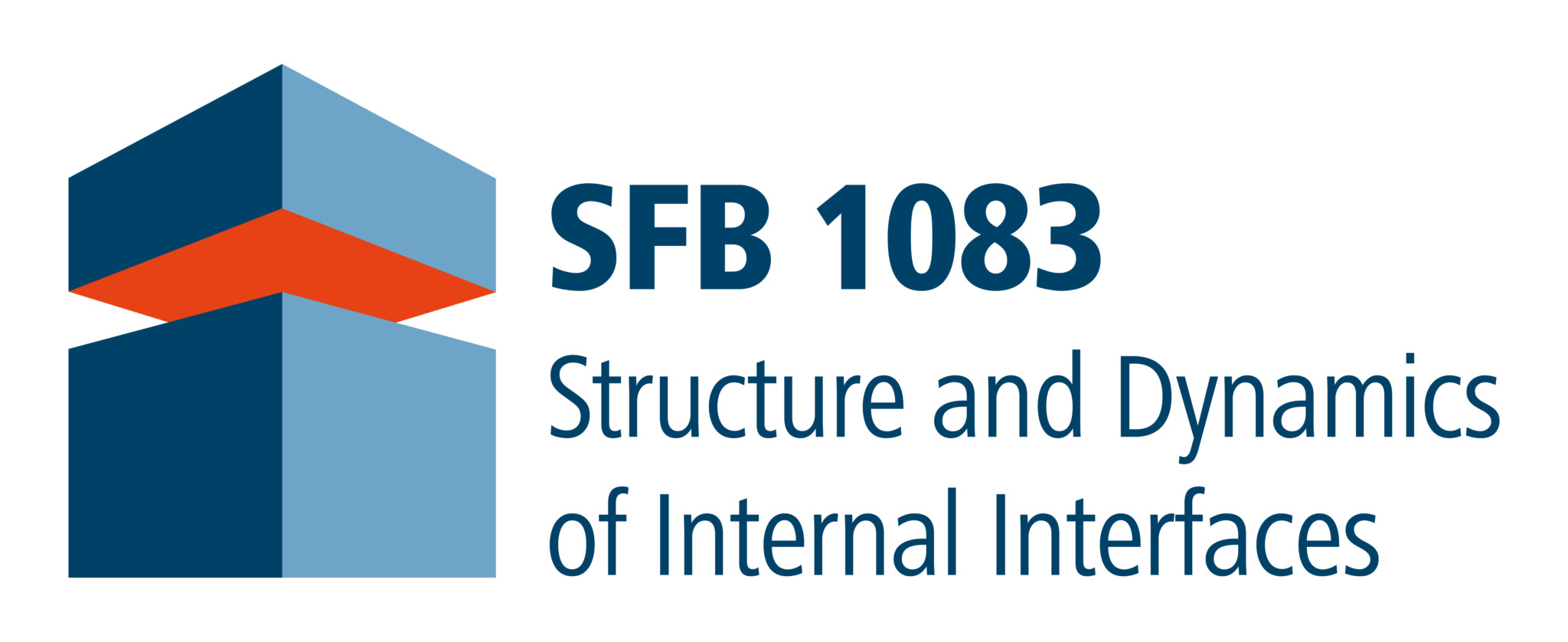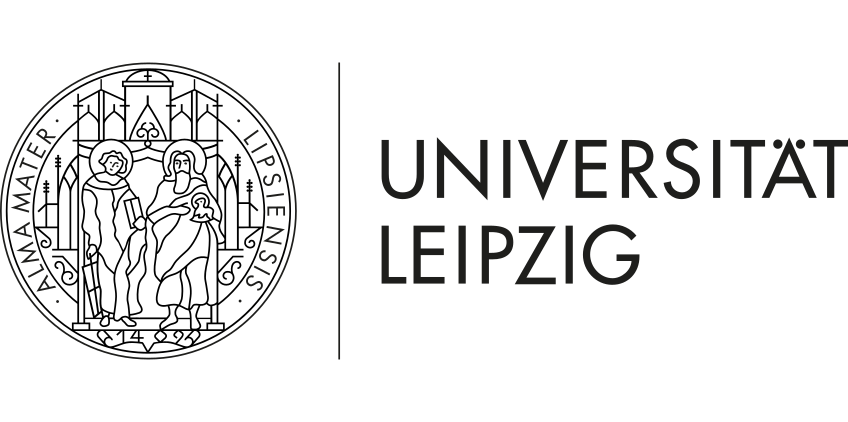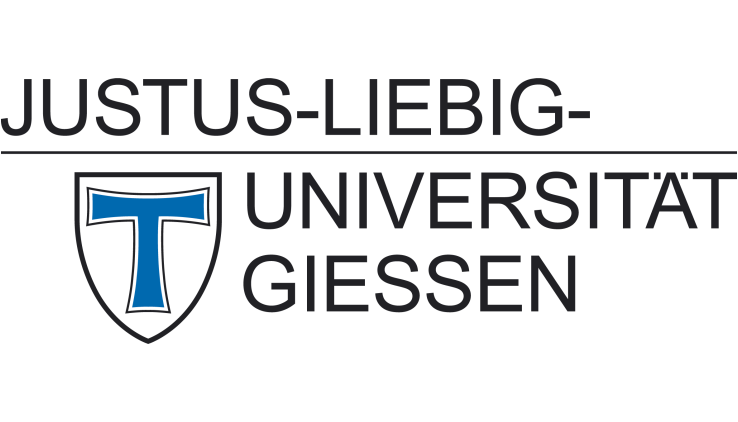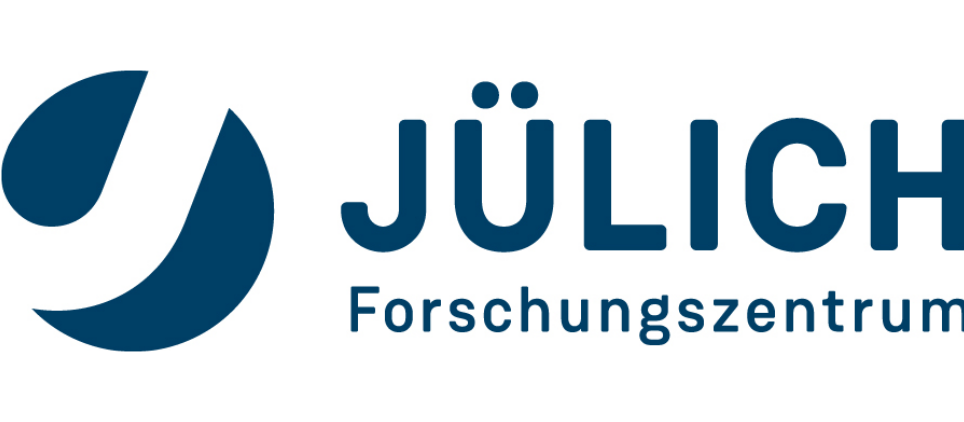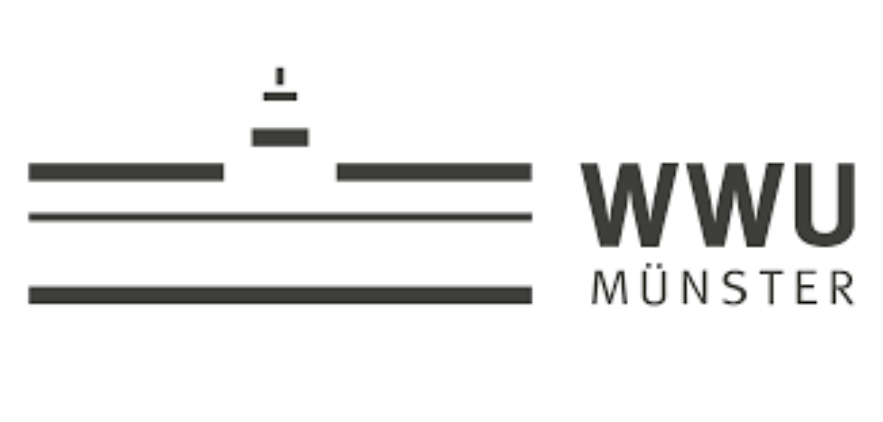Orbital Cinema and Cyclacenes: European Research Council awards two ERC Synergy Grants to SFB 1083 members
The European Research Council (ERC) awarded two Synergy Grant to the SFB-related projects “Photoemission Orbital Cinematography: An ultrafast wave function lab” (Orbital Cinema) and “Tackling the Cyclacene Challenge” (TACY).
The ERC has awarded two Synergy Grants to Michael Gottfried, Ulrich Höfer, Stefan Tautz, and collaborators, for projects that built on work in SFB 1083.
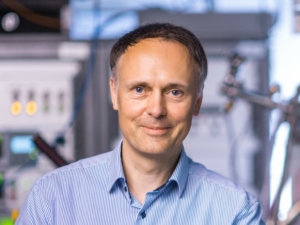
Foto: Jan Hosan
Michael Gottfried, Vice Speaker of SFB 1083, receives around 4.5 million euros for “Tackling the Cyclacene Challenge” (TACY). Cyclacenes are an elusive class of ring-shaped carbon-based molecules with unique electronic and magnetic properties. They are expected to provide fundamental insight into the chemistry of strained aromatic systems and to find applications in organic electronic and spintronics. The TACY team, which includes Michael Mastalerz from Heidelberg and Holger Bettinger from Tübingen, pursues the goal of generating cyclacenes for the first time. The ERC funds this project with around 11 million euros.

Foto: Jan Hosan
The second Synergy Grant was awarded to Ulrich Höfer and Stefan Tautz, project leaders of SFB 1083, and their collaborators Rupert Huber from Regensburg and Peter Puschnig from Graz. Ulrich Koert and Jens Güdde, two other SFB 1083 project leaders, are associated partners. Their project “Photoemission Orbital Cinematography: An ultrafast wave function lab”, in short “Orbital Cinema”, aims to reach sub-cycle time resolution in orbital videography and to actively shape and functionalize molecular orbitals with lightwaves. This project is funded with up to 11.4 million euros.
For further information about these projects, see the following:
- Press release by European Research Council (in English)
- SFB-News of TACY (in English)
- Press release of TACY by Philipps University Marburg (in German)
- SFB-News of Orbital Cinema (in English)
- Press release of Orbital Cinema of the Forschungszentrum Jülich, the universities of Regensburg and Graz (in German)
